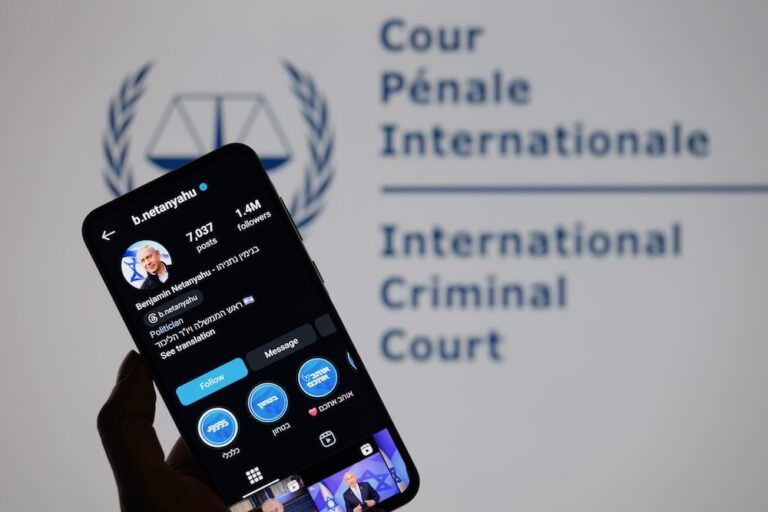A policy report by Index on Censorship calls for the EU to take the lead in protecting digital freedom of expression and human rights both within and beyond the EU.
On 20 June 2013, Index on Censorship published a report on digital freedom and the European Union (EU). Is the EU heading in the right direction on digital freedom? calls for the EU to take the lead in protecting digital freedom of expression and human rights both within and beyond the EU. In light of the recent Prism scandal, the need for a coherent EU approach to digital freedom of expression has become more urgent.
Director of Campaigns and Policy Marek Marczynski said: “Over the next two years, crucial decisions will be made that will determine how freedom of expression is regulated online. If the EU is to have a say in how the internet is regulated and governed, it needs a strong strategy on digital freedom that protects the freedom of expression of internet users in member states and around the world.”
Key findings of the report:
– The EU still lacks a coherent overarching strategy and set of principles for promoting and defending freedom of expression and human rights more generally in the digital world – both within and beyond the EU.
– The Prism scandal has highlighted the need for a clear and comprehensive EU digital freedom strategy after it was revealed that US officials successfully lobbied for a clause to be dropped from EU data protection regulation that would have limited requests for EU citizens’ communications’ records
– Over the next two to three years, crucial decisions will be taken that will determine how the internet is governed. The EU must have a coherent strategy to oppose the top-down control favoured by states such as China and Russia, and to push for an open and free ‘multi-stakeholder’ approach.
– EU external policies that promote a free and open internet are often at odds with member states’ internal policies and actions, from digital surveillance to filters and takedown requests.
Rapid shifts in technology have also raised new questions around how takedown requests, filters, surveillance, cybersecurity, privacy, net neutrality, copyright, offence, and basic access issues impact on digital freedom. The EU is developing policies and directives on some of these issues but not always in ways that protect human rights and freedom of expression, nor in ways that ensure a coherent, consistent approach to digital freedom.



